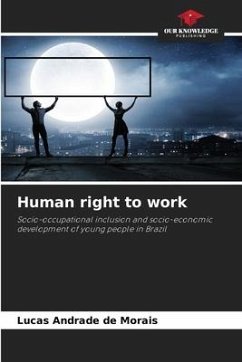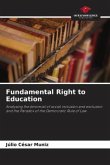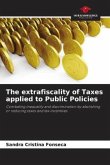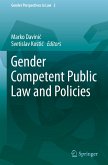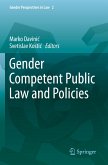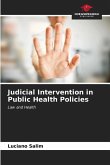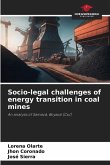Work is a right and a human need, because, from it is that the individual is included in the social environment, realizes other human rights has access to the economic and social dimensions of development. In this perspective, the State, aiming to guarantee the human right to work, has been acting in order to put into practice some actions aimed at socio-labor insertion seeking to reduce existing inequalities and situations of exclusion through public policies that intend to provide work, employment, income and citizenship to youth, especially the National Program for Access to Technical Education and Employment (Pronatec) and the National Youth Inclusion Program (Projovem). Thus, through public policies for work and income generation aimed at youth, has the State reduced inequalities and ensured the entry of this segment into the labor market? Have the "Pronatec" and "ProJovem Trabalhador" programs guaranteed youth socio-labor inclusion and socioeconomic development, ensuring dignity and citizenship?

